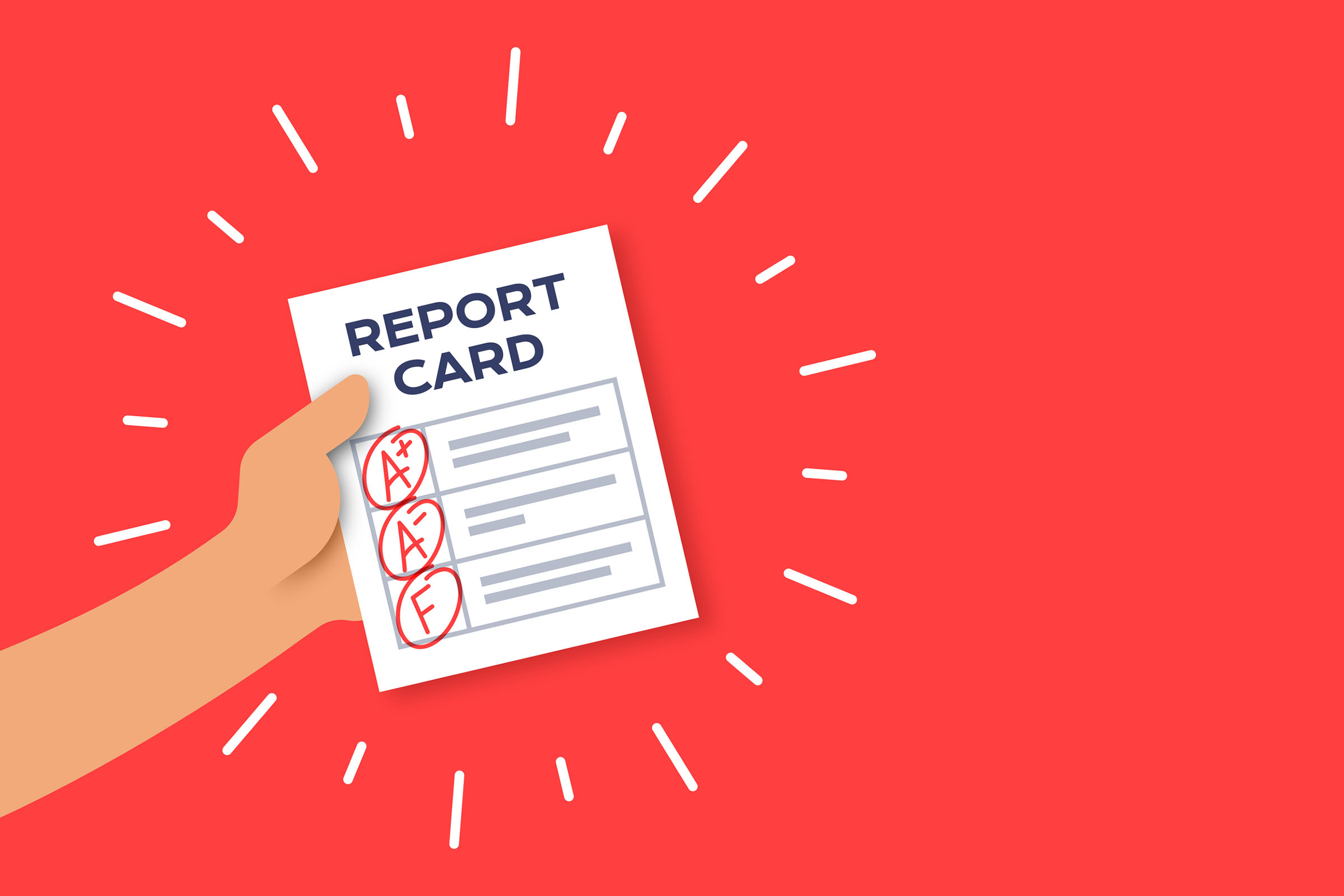The election is over, and some are disappointed and others exhilarated. Here on Intelligent Medicine, I never push a political agenda that might alienate many of my followers. Our community’s common denominator is that we support an “all-of-the-above” solution to our health challenges, incorporating the best of high-tech options—but calling out their excesses—while emphasizing natural modalities—where safe, effective and practical.
The fact of the matter is that our remit spans the political spectrum, from those on the Left worried about climate change and environmental devastation due to unregulated commerce and those underserved by our medical system, to those on the Right who deplore overzealous government intrusion on free speech and innovation. Proposed fixes to our unwieldy, expensive and inequitable health care delivery system range from a single-payer system to a return to traditional private enterprise with the doctor-patient relationship unencumbered by bureaucrats.
How complicated it is to situate these diverse viewpoints on today’s political spectrum is illustrated by RFK Jr.’s strange party trajectory. A scion of a powerful Democratic dynasty, he first gained notoriety as an ardent environmentalist—high-ground traditionally staked out by Left-of-Center groups like the Sierra Club and the Environmental Working Group.
Most recently, he ran as a maverick Democrat, intent on challenging the status quo within his party. Then, when branded a dangerous crackpot by his own party, he became an independent candidate. Faced with efforts to remove him from the ballot by the Democratic elite, he defected to Trump, embracing his promise of disruption of the status quo. As he explained in his speech endorsing the Republican ticket:
“Our party was the bulwark against big money interests and corporate power. True to its name, it was the party of democracy. As you know, I left that party in October because it had departed so dramatically from the core values that I grew up with. It had become the party of war, censorship, corruption, Big Pharma, Big Tech, Big Ag, and big money.”
As the Wall Street Journal recently put it in an article entitled “How Science Lost America’s Trust and Surrendered Health Policy to Skeptics”:
“Lingering resentment over pandemic restrictions helped Kennedy and his ‘Make America Healthy Again’ campaign draw people from the left and the right, voters who worried about the contamination of food, water and medicine. Many of them shared doubts about vaccines and felt their concerns were ignored by experts or regarded as ignorant . . . Kennedy merged a crowd of Covid-era skeptics with people who long distrusted mainstream medicine and food conglomerates.”
It’s suddenly weird being in our position—those of us who’ve long embraced the theme that our health care and food systems are critically flawed. With the RFK Jr. nomination, it appears that, like the proverbial dog chasing the bus, we’re surprisingly about to catch up to it. Now what are we supposed to do with it?!
HHS is not Children’s Health Defense, RFK Jr.’s personal bailiwick. It’s the big time, with over 80,000 employees and a budget of billions, subject to Congressional oversight, and tasked with the protection of 300+ million U.S. inhabitants. There are legislative, judicial, and institutional circuit breakers that would hamper efforts to gut the health establishment. Not to mention the vast power of the critical media, industry lobbyists, and trade organizations upholding the status quo. Is the health care establishment so fragile that one malign operator can tear it down?
According to MSNBC correspondent and fierce Trump critic, Jennifer Rubin, RFK Jr. will be directly responsible for “killing kids”:
“If you’re gonna oppose vaccinations, if you’re gonna stop breakthrough medical research, if you’re gonna allow minors and all sorts of people to get semi-automatic weapons, which they use to shoot up schools, well, then you are responsible for kids’ health and death, unfortunately.”
Like every doctor in America, I keep receiving these e-blasts in an apparent organized campaign:
“Dr. Hoffman, it’s Dr. Rob with the Committee to Protect Health Care again. Over 12K doctors have already signed our letter calling on the Senate to reject RFK Jr.’s appointment as HHS Secretary. Add your voice by signing our letter here: https://committeetoprotect.org/stop-rfk-jr/
. . . This appointment is a slap in the face to every health care professional who has spent their lives working to protect patients from preventable illness and death. Americans deserve better. Our patients deserve a Secretary of HHS who upholds the principles of science and public health, focusing on addressing real public health crises facing Americans such as the high cost of prescription drugs, access to care, and the systemic barriers patients face – not someone whose legacy is built on lies and conspiracy theories.”
I think we could do with a little less catastrophizing on both sides.
What critics of the RFK Jr. nomination are missing is that Americans have developed a profound distrust of health authorities, especially in the wake of Covid.
Voters also increasingly recognize that more dollars allocated to drugs, surgeries, screening tests, and devices does not always equate to better health; a mere fraction of the multi-billion dollar NIH and CDC budgets is allocated to prevention.
And our government nutrition experts are losing the plot. In a recent newsletter article, I recounted how the U.S. Dietary Guidelines Advisory Group just whiffed on a sensible recommendation that Americans avoid ultra-processed food.
In that light, it isn’t really fair to dismiss all of RFK Jr.’s ideas as “conspiracy theories”.
I don’t feel threatened by RFK Jr.’s alleged assault on my profession. Medicine is not some sort of exclusive guild that should close ranks at the threat of an outsider’s criticism.
But he is an existential threat to the entrenched American Medical Association (AMA), which derives the lion’s share of the income it uses for lobbying government from its monopolization over the diagnostic codes doctors require for insurance reimbursement—an avowed target of RFK Jr.’s reforms.
On the other hand, for zealots who exult that, under RFK Jr.’s helmsmanship, ivermectin will become enshrined as standard of care for Covid and cancer, soda will be purged from supermarket shelves, Anthony Fauci will finally be imprisoned, diet and nutraceuticals will supplant pharmaceutical drugs for all chronic diseases, or that childhood vaccination programs will be suspended—I have news for you: Don’t hold your breath!
But fostering a climate where even some of our cherished—but obsolete—medical beliefs are re-examined would be a net plus. And streamlining access to innovative approaches to disease would be a welcome refinement of our sclerotic medicine development pipeline. And yes, a critical evaluation of our reliance on pharmaceutical drugs—and even certain aspects of our vaccine campaign—is warranted.
There’s also the prospect that truthful information about the benefits of supplements will no longer be throttled down by over-reaching Federal agencies or censored by social media. Or that products like homeopathic remedies, CBD, bioidentical hormones, promising psychedelics or natural peptides won’t vanish altogether.
We stand for these issues, while not uncritically accepting every element of RFK Jr.’s plan or endorsing every policy of the Administration he’s part of. For advocates of natural medicine—even those on the Left who are arch-foes of Trump’s broader agenda—to oppose the nomination of RFK Jr. to head HHC would be like cutting off your nose to spite your face. In effect, it would be acting against your own interests, succumbing to inflexible partisanship. For Progressives, is the satisfaction of punishing RFK Jr. for his defection to the “dark side” worth acquiescing to a continuation of the dismal U.S. health care status quo?
They say, “all politics are local”. Well, health freedom is ourneighborhood, and we anticipate that people will have the discernment to set aside their party differences and rally to support the initiatives that affect our health choices.
History proceeds via dialectics: reaction/counter-reaction. Think The Middle Ages/Enlightenment, Orthodox Catholicism/Reformation; The Iron Curtain/Velvet Revolution. It’s sort of a self-correcting mechanism, like a gyroscope effecting a course correction when needed.
I think such a dialectic is happening on the health front today: There’s pushback against a narrowly materialistic scientific model that denies crucial aspects of the human wellness equation.
But the crucial question remains: Regardless of whether RFK Jr.’s nomination is ratified by the Senate, is America ready to be made healthy again? It’ll be interesting to see how RFK Jr.’s environmental and food quality concerns can be reconciled with Trump’s promise to reduce regulation and unleash commerce.
RFK’s photo-outing on the Trump airplane sharing a McDonald’s Happy Meal with his less food-conscious political fellows has outraged some of his purist followers, but it’s a neat metaphor for the kinds of unsavory but pragmatic accommodations he may have to make as HHS secretary.
As Voltaire famously said: “The enemy of the good is the perfect.”
RFK Jr. should be held to account if he’s approved. We may soon have a shot at seeing if the measures he enacts accord with the will of the people, and are effective at improving our nation’s health. Admittedly, it’s a gamble. It’s also a unique historical opportunity.








